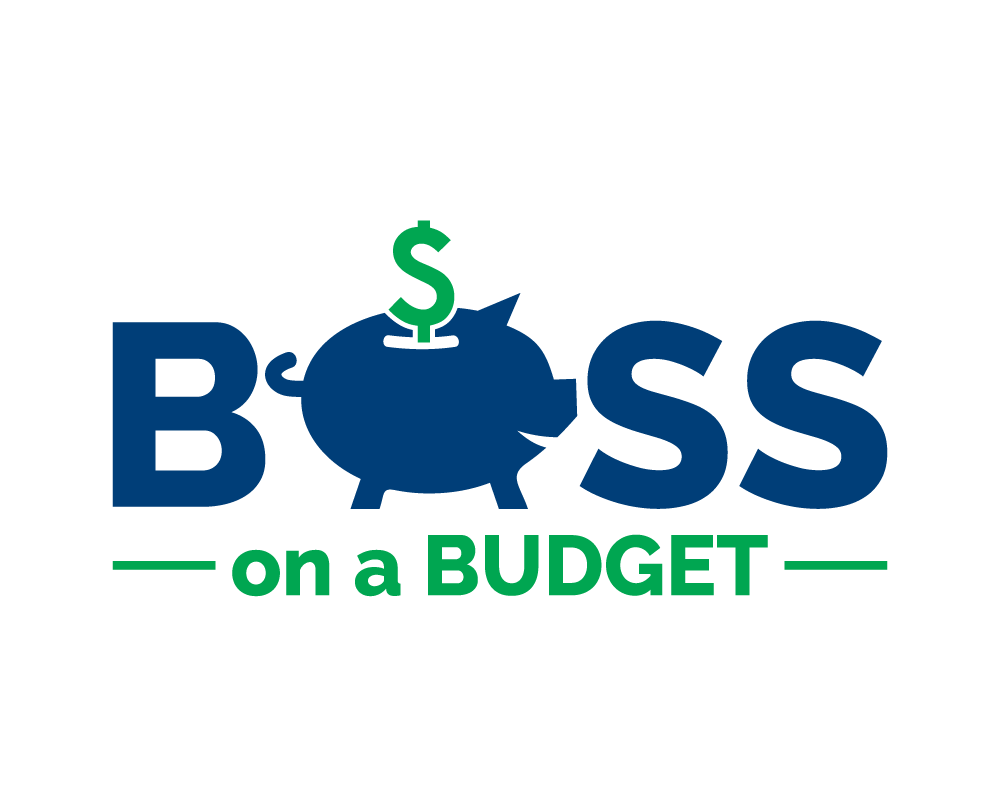Fundraising Efficiency: 4 Event-Planning Tips for Nonprofits
Written by contributing author, Dave Martin. VP of Marketing for CharityEngine.
Whether you’re launching a new nonprofit or revamping tried-and-true ideas for your decades-old organization, every nonprofit leader faces the same challenge: using limited resources wisely to host successful fundraisers that drive support for their causes.
The easiest way to ensure event success is through meticulous planning. Leaving no detail to chance ensures a smooth celebration and successful fundraising! This article will share actionable tips to improve fundraising efficiency through effective event planning.
1. Use comprehensive software
Fundraising software offers numerous capabilities for hosting efficient and engaging events. As CharityEngine points out, the right software can manage:
Email marketing automation: Schedule emails to remind donors to register, communicate event details, build excitement, and thank supporters after the event.
Payment processing: The right payment processor can decrease declines and put more of the fundraising dollars in your nonprofit’s account.
Major gifts: From conducting prospect research to keeping meticulous records about every donor interaction, fundraising software can make your major gift efforts more efficient. In turn, you can run more campaigns at a time and find greater success.
Online forms: A good CRM will offer form builders already optimized for higher conversions, whether it’s accepting various forms of payment, including virtual wallets, or offering an easy toggle to become a monthly donor.
Data in your software, particularly if it offers native tools and real-time data, can help you keep your finger on the pulse of an event and pivot if a strategy isn’t working. If, for example, your emails aren’t being opened or donors aren’t converting on the ticket registration form, the data will show you what needs attention. Tweaking small things along the way is much better than figuring out why an event tanked!
2. Optimize budgeting and resource allocation
When you’re beginning to consider the type of event you want, it’s critical to create a thorough budget that considers all potential costs. A fun run in the local park will have vastly different costs than a black-tie gala, and it’s important to determine what you can afford.
Three significant event costs include:
Venue: Venue costs can be free if needed! Often, a local corporate sponsor will offer space, or a venue will donate room to a nonprofit. If you’re planning an outdoor event, parks and municipal fields can be reserved for free.
Marketing: Leverage low-cost marketing ideas to spread the word about your upcoming event. As Getting Attention explains, there are plenty of free marketing tools available to spread the word about your event, from Google Ad Grants to Canva to Grammarly. If you can find partners that will promote your event, such as local stores, this is a cost-effective way to get the word out.
Supplies: If you need tables, chairs, or even audio-visual equipment, check community resources to see if there’s anything you can borrow. You can also poll your donors and see if anyone would like to make an in-kind donation of supplies you need.
During this process, you can prioritize spending on high-impact areas. Think about how you’ll attract people to your event and create a detailed budget that outlines how you’ll spend on the most essential aspects. Avoid common budgeting shortfalls, like forgetting gratuities or buying supplies before carefully auditing what you already have available.
3. Engage and mobilize volunteers
Volunteers are a nonprofit’s secret weapon! These are dedicated supporters who can offer a precious commodity—time—to help your nonprofit pull off a spectacular event. You likely have a wealth of donors or prospective donors willing to lend a hand. It’s up to you to recruit and retain them, but how?
Here are some tips on how to maximize your volunteer force:
Assign roles based on volunteer strengths: Take the time to assess your volunteers' innate strengths. A technical wizard can handle your A/V equipment, but a CFO should crunch registration numbers. Send a survey to your volunteer pool and ask them what they like to do, or have them select the top three roles they would like. Volunteers who feel appreciated and empowered will be more devoted to helping run a successful event.
Create a clear communication plan: How will you communicate with your volunteers? From clearly sharing details, roles, and responsibilities to quickly communicating changes or requests for help during the event, it’s important to have a plan that includes pre-event communications as well as real-time messaging.
Recognize volunteer contributions: When the event is all said and done, your fundraising platform should allow you to send personalized thank-you messages to your event volunteers.
Also, taking the time to prepare your volunteers through robust training will pay off with a smoothly run, successful fundraising event. Be open to answering all their questions and guiding them through the process. Volunteers who feel adequately prepared for their roles won’t just be more successful at their tasks—they’ll be happier to do it!
4. Focus on the donor experience
Creating a memorable and positive experience for donors can enhance fundraising success and encourage repeat participation. After all, if your donors and volunteers have a great time while supporting a cause they care about, it’s easy to get them to participate in your next event. When you successfully convince donors to give again, you’ll expand your nonprofit’s base of loyal supporters, who you can depend on for participation in future events!
Don’t miss this opportunity to share personalized messages. Thanking donors for something specific and sending relevant information, such as noting the amount raised or how it will support your mission, will deepen the donor relationship. Pair this with a well-run event, and you’re almost guaranteed an enthusiastic crowd for your next event!
In addition to implementing these strategies, dedicate time for your team to research fundraising essentials and best practices ahead of your event. This will equip team members with the background knowledge needed to host a successful event, especially for new nonprofits or fundraising professionals who are just getting started.

